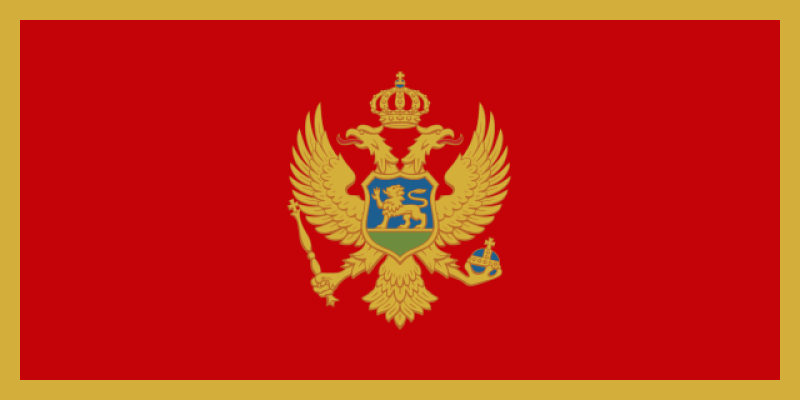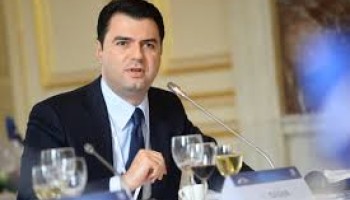In its annual Freedom in the World report, Montenegro was downgraded “due to restrictions on the freedom of peaceful assembly, including clashes between police and opposition demonstrators and the repeated postponement of an LGBT pride parade, in the context of years of harassment and discrimination against LGBT people,” the report states.
It noted some legislative improvements in Montenegro last year but says it hardly matters, as the political elite remains untouchable.
“Progress has taken place mostly at the level of legislation, however, and institutions are still too weak in practice to cope with widespread corruption, a fragile economy, and, above all, political pressure from authorities that have remained untouchable for a quarter century.
“Abuse of power, misuse of public resources for party purposes, and excessive employment within the public administration remain common issues,” the report noted.
Analysts cited delays in implementing the new electoral legislation, such as the failure to finish verifying the voter list, and noted Parliamentary elections in October this year may not be fair without an appropriate monitoring mechanism.
In the more detailed Nations in Transit 2016 report, the authors wrote, “Numerous problems, ranging from large financial debts to surplus employees, continue to burden local governments. Violations of public procurement procedures, problems with concessions contracting, and misuse of public resources are common issues at the local level. The poor financial situation has spurred most municipalities to take out new loans.”
Other serious problems include attacks on independent media, including vandalizing vehicles; public threats to editors expressed on social media; and the arrest of a journalist during protests last year, the report said.
One proposal under consideration is a Parliamentary committee to oversee investigations into threats against journalists and media houses. The ruling Democratic Party of Socialists (DPS) suggested that the committee should also “evaluate the degree of autonomy” in media owners, a suggestion that was promptly denounced by journalists.
“This idea is so counterproductive that it will not pass in Parliament,” said Ranko Vujovic, the executive secretary of the Media Council for Self Regulation. “We will certainly follow and react if there is a continuation of this initiative.
“Such an idea can jeopardize the independence of journalists and, in consequence, endanger the freedom of expression. We think that this is not a smart thing, and that this committee should be dealing exclusively with investigations of unsolved cases of attacks on journalists.”
Milka Tadic Mijovic of the weekly Monitor says this would be a step backwards and that the political elite doesn’t understand media. Tadic Mijovic agrees the main motive is an attempt to control independent media.
“They are trying to control the few independent media left,” Tadic Mijovic warned. “It is well known that the ruling political elite controls most of the media, in different ways.”
Marta Scepanovic, the DPS member of Parliament who proposed the amendment, said that their goal isn’t to control media and journalists but to protect journalists from media owners.
Meanwhile, attacks and pressure on journalists are continuing and many cases, such as the murder of Dusko Jovanovic and beating of Tufik Softic, are still partially or completely unresolved.
Lazar Grdinic (MANS Center for Investigations)






